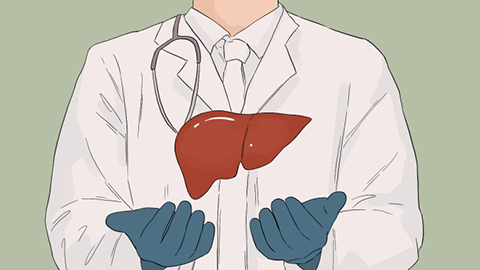What are the types of liver injury?
Liver injury generally refers to functional or structural abnormalities of the liver caused by various factors. Common types include drug-induced liver injury, alcoholic liver injury, viral liver injury, fatty liver injury, and traumatic liver injury. Specific details are as follows:

1. Drug-induced liver injury: Caused by taking medications or supplements with hepatotoxic effects, such as long-term use of certain antibiotics or antipyretic-analgesic drugs. Early symptoms may include fatigue and decreased appetite; as the injury progresses, jaundice and dull pain in the liver area may appear, and severe cases can lead to liver failure.
2. Alcoholic liver injury: Resulting from prolonged and excessive alcohol consumption, leading to fatty degeneration and necrosis of liver cells. In the early stage, it manifests as fatty liver with no obvious discomfort. When progressing to alcoholic hepatitis, symptoms such as nausea, vomiting, and distending pain in the liver area may occur. In advanced stages, it may develop into cirrhosis, accompanied by symptoms like ascites and hematemesis.
3. Viral liver injury: Caused by infection with hepatitis viruses, commonly including hepatitis A, B, and C. After infection, symptoms such as fever, fatigue, and jaundice may appear. Persistent viral replication repeatedly damages liver cells, increasing the risk of cirrhosis.
4. Fatty liver injury: Caused by fat accumulation within liver cells due to obesity, high-fat diet, diabetes, and other conditions. Most patients have no obvious symptoms in the early stage, although some may experience mild fatigue or abdominal bloating. Without intervention, it may progress to non-alcoholic steatohepatitis (NASH) and even cirrhosis.
5. Traumatic liver injury: Usually caused by external forces impacting the abdomen, such as collisions or traffic accidents. Mild injuries may only present as pain in the liver area, while severe cases can result in massive intra-abdominal bleeding and shock—life-threatening conditions.
It is important to maintain healthy daily habits, avoid alcohol consumption and misuse of medications, eat a balanced diet, and engage in regular physical exercise. Routine liver function tests are recommended, especially for high-risk individuals, to enable early detection and timely intervention, thereby preserving liver health.






